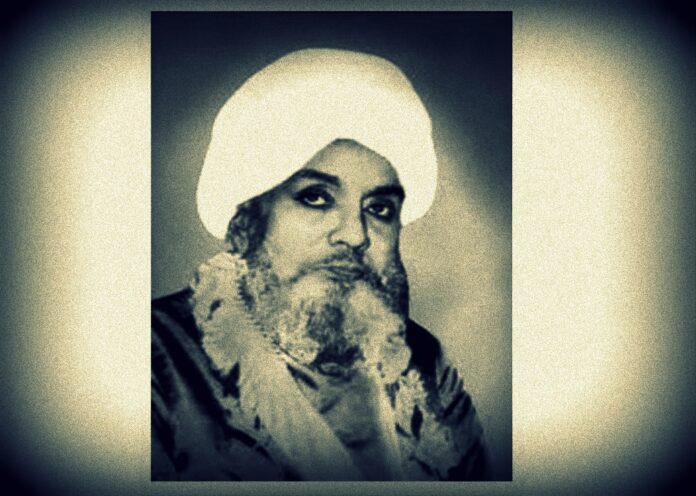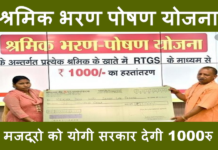Maulavi Ahmedullah Shah Faizabadi: Hero Against British Rule: Born in Faizabad, Uttar Pradesh, in 1827, Maulavi Ahmedullah Shah Faizabadi became a key player in India’s 19th-century fight against British colonial control. His life’s journey from a religious scholar to a charismatic commander of the First War of Independence, the Indian Rebellion of 1857, is a tribute to his bravery, strategic thinking, and unflinching devotion to justice.
Ahmedullah Shah received a demanding education in Islamic studies during his formative years, which had a profound impact on his perception of the world and social justice. He was raised during a period of increased Indian cultural and religious restrictions brought on by British colonial policy, which heightened tensions throughout the subcontinent.
Ahmedullah Shah became actively involved in the uprising as a result of the debate regarding the cartridges used in Enfield rifles. Indian soldiers began to hear rumours that these cartridges were lubricated with animal fat. This outraged Muslims and Hindus alike, as their respective religions forbade interaction with beef and pork products. This problem sparked a broad uprising against British control, along with widespread discontent with British political and economic domination.
Ahmedullah Shah became well-known as a leader in Awadh (Oudh) in 1857; this area was notorious for its strong anti-British stance. His charisma and capacity to rally people swiftly elevated him to a key role in coordinating resistance activities against British soldiers. He brought together a wide range of individuals, including disgruntled soldiers, peasants, and local leaders, with the goal of opposing British rule and regaining Indian sovereignty.
During the uprising, Ahmedullah Shah’s leadership was distinguished by his creative use of guerilla warfare techniques meant to interfere with British communications and supply routes. His ability to avoid direct clashes with the more powerful British forces by using hit-and-run strategies to keep his smaller rebel army mobile and elusive was what made him a brilliant strategist.
Ahmedullah Shah commanded his forces in one of the most important battles, the Siege of Lucknow, where they heroically repelled many British attacks on the city. The siege turned into a representation of Indian tenacity and defiance, bringing the harshness of British colonial rule and the will of Indian fighters to oppose it to the attention of the world.
Ahmedullah Shah had tremendous popular backing and tactical skill, but in the end the British East India Company’s overwhelming military might turned the tide against the uprising. The rebels were under increasing pressure and faced running out of supplies as British forces poured into India. Ahmedullah Shah’s calculated retreats, intended to maintain the core strength of his forces, were not enough to stop the unrelenting British advances.
Ahmedullah Shah eluded arrest for a long time before being captured in 1859 by British forces. His apprehension signalled a turning point in the rebellion’s history and the start of its nationwide suppression in India. Ahmedullah Shah, though captured, did not waver from his beliefs and faced a British trial with courage and determination.
Maulavi Ahmedullah Shah Faizabadi, a martyr for the cause of Indian independence, was put to death by the British on June 7, 1859. His leadership and selflessness throughout the uprising made a lasting impact on India’s cause for independence and motivated subsequent generations to carry on the fight against injustice and colonialism.
The legacy of Ahmedullah Shah Faizabadi lives on as a representation of defiance against injustice and tyranny. His life story serves as an inspiring example of the strength of conviction and the never-ending fight for national sovereignty and human rights. He is recognised today as a hero who persevered in the face of hardship and served as a reminder of the costs incurred by individuals who dared to oppose imperial powers in the sake of liberty and dignity.



































